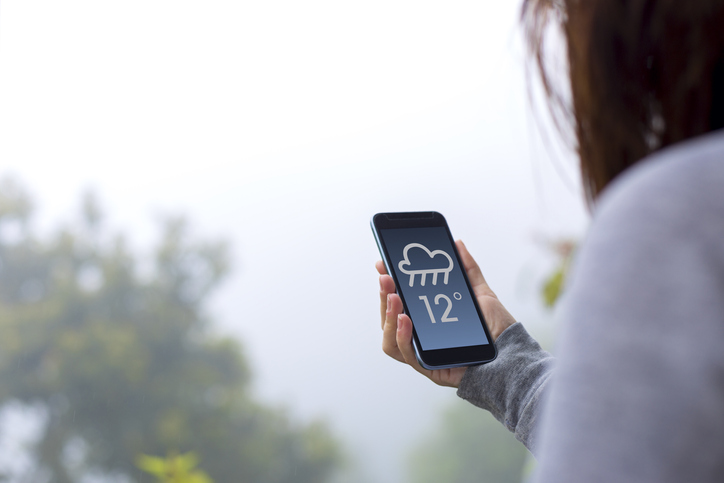Canadian Winter Olympians are being told to leave their personal phones at home
There are concerns about cyber security in Bejing
 Photo by:
Getty Images
Photo by:
Getty Images
Canadian Athletes headed to the Beijing Winter Olympics in February are being told to leave their cell phones and electronic devices at home according a report in on CTV. The Canadian Olympic Committee (COC) is taking precautions against possible Chinese cyber surveillance, which could include the devices being infected with spyware.
In an interview with The Canadian Press, Sports Minister Pascale St-Onge says the government has been working closely with the Olympic and Paralympic committees. The committees are warning athletes about the current cyber situation in China, which could result in their cells hacked.
Although St. Onge did not disclose the full extent of the COC’s plans for cyber protection, due to security reasons, she did say that part of it involved protecting athlete’s laptops and phones.
In an era where athletes use their phones and devices to communicate with fans, or to create publicity for their supporters, or even create new sponsorship opportunities, the idea that an Olympian could not bring a phone to the biggest sporting event in the world does not exactly seem feasible.
As Geoff Kabush recently said, athletes and social media seem to go hand in hand these days. Is an athlete just an athlete anymore? Or do they have to be an influencer, too? It’s a question Kabush posed on his Instagram account on Friday. The lively response, from young and experienced athletes alike, showed that it’s a question that needed to be asked. The response also got the Canadian kicked off the social platform.
“Social media, mental health, and the pressures it brings is a huge discussion for society in general but I think that is amplified even more for young athletes,” Kabush said. “It’s a part of life and part of an athlete’s career but I think its importance has been overstated. There are some fantastic online ambassadors but not everyone has the personality for it; many really struggle with it. I felt the need to speak more on the topic when I saw it becoming a requirement, or barrier to entry, for sport.”
That conversation quickly picked up steam. The Kabush Instagram post had more than 2,000 likes and 115 comments before being removed. It was also shared by many young, Canadian athletes and Kabush says it had started more direct conversations as well. Those numbers would have been higher, too, if the post wasn’t taken down within 48 hours. Kabush’s account, and the post, were removed.
That being said, it seems like Canadian athletes will still be able to promote themselves on Instagram and TikTok, after all. (And of course use a phone to call or text people.) The International Olympic Committee will be giving phones and SIM cards to all athletes, including the Canadian team, to use while they are in Bejing. So for all of those who love to see a good ole TikTok dance in Tiananmen Square dance or a hilarious video on Instagram in the Olympic village, you’re in luck. For now.
